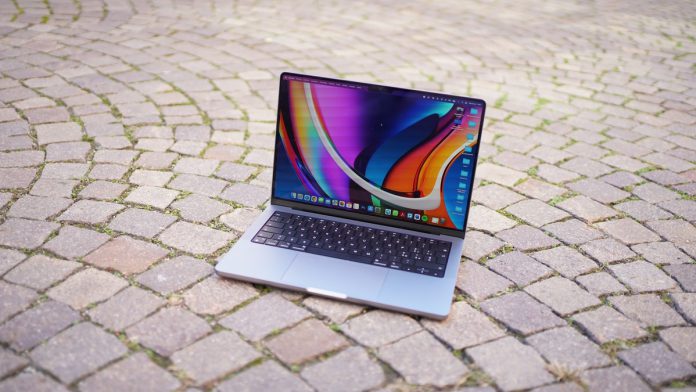Apple is working on the next generation Macs and the Steam database seems to give us some interesting anticipation of what is boiling in the pot at the Cupertino house. The Valve platform includes a rich database that collects anonymously all the data relating to the machines on which it is running, offering tables that allow you to get an idea of the type of hardware that is used by Steam users. This often allows you to preview some models still in the testing phase, just as in the case reported today.
As we can see in the table, among the computers based on macOS operating system (which Steam still calls OSX) we find two model numbers that do not correspond to any of the Macs currently on the market. We are talking about Mac14,6 and Mac15,4, acronyms that indicate as many new Macs that Apple is testing internally.
The name Mac14,6 is not entirely new to us, since it is the same one we found in recent sightings on Geekbench regarding the M2 Max chip, so it is likely that the model in question is one of the next 14″ and 16″ MacBook Pros. Different speech, however, with regard to Mac15.4, since the use of the numbering 15 suggests that it is a model belonging to a different generation.
A MYSTERIOUS ACRONYM
To make a little more clarity, we point out that all Mac14,x spotted so far are part of the M2 generation (14.2 is MacBook Air, while 14,7 is MacBook 13 Pro), however it is good to point out that the previous models did not adopt the same nomenclature for the Model ID, since the Mac13,x series is composed only of Mac Studio variants (for example, a MacBook Pro 14 with M1 Pro is identified with the old MacBookPro nomenclature18,3).
This is to say that the Model ID 15.4 could belong to a completely different Mac than the normal series, leaving open the following options: a first model based on an embryonic version of M3 (extremely unlikely hypothesis), a next-generation Mac Studio, or even the long-awaited Mac Pro based on Apple Silicon. The latter could be the most likely hypothesis, as it is expected that this solution can adopt an extremely more advanced platform than even the eventual M2 Ultra. Recall that the Mac Pro is the only computer in the family that has not yet made the transition to Apple Silicon, so it is likely that its debut is not so far away.
Obviously this is our speculation based on the different acronym of the Model ID and what happened with the introduction of an entirely new product like Mac Studio during the last generation. At the moment it is too early to understand for sure which model is identified by the name Mac15,4, so we will have to wait some more time to find out.















